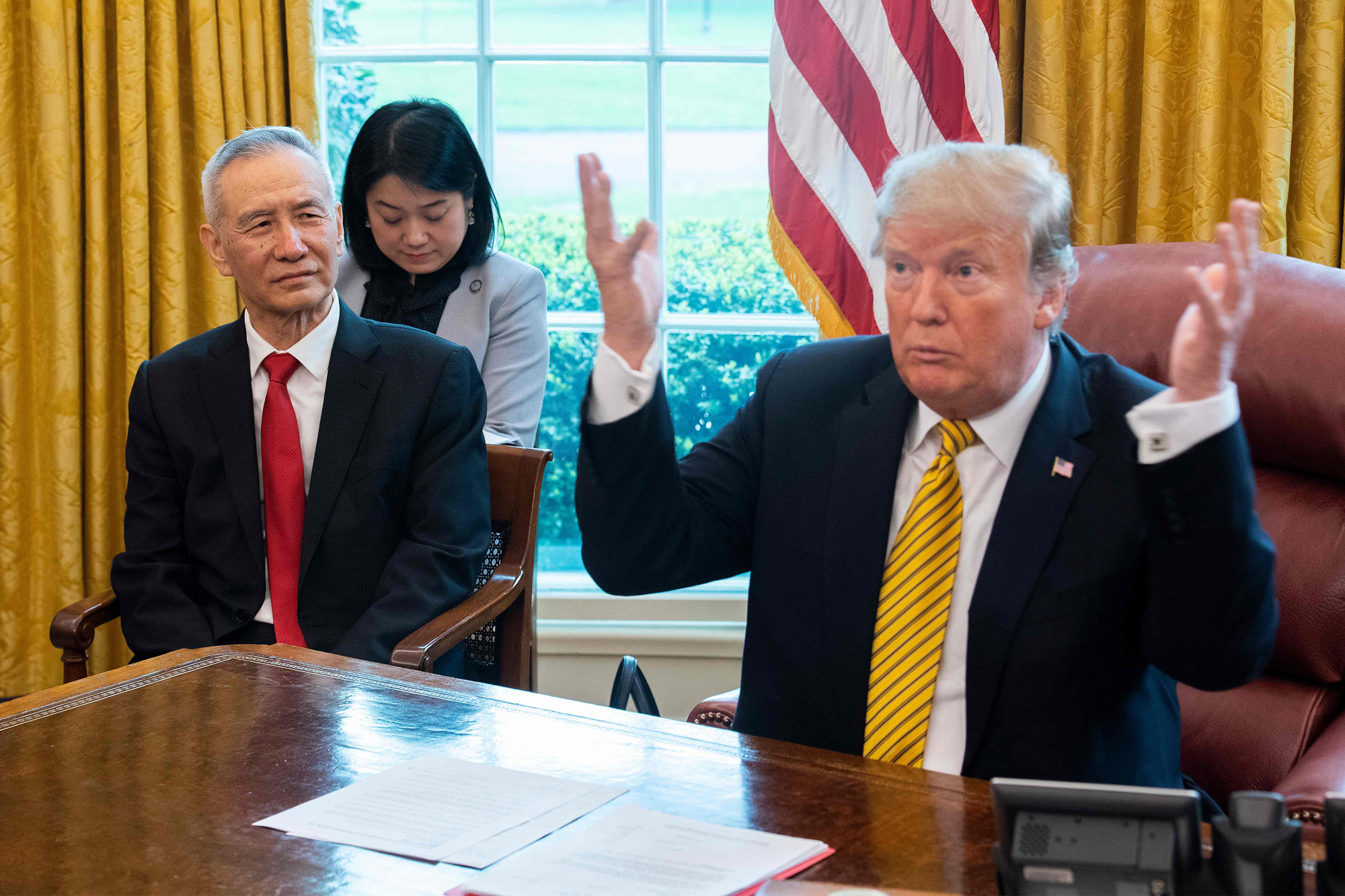The 2020 presidential campaign has already started in the United States. For a year and half, the rest of the world will be influenced by the U.S. electoral process. The U.S.-China trade war will likely be one of the election's central issues. Geopolitical observers have long tackled the question of great power transitions. The world will witness how this unfolds as part of the domestic power struggle and party politics in the U.S.
The question is acute, especially for a country like Japan, which lives between these two global powers. Although the media tend to focus only on the aspect of day-to-day fights and deals, one should look at the fundamental structure of the U.S.-China trade war.
To ensure government stability as well as President Xi Jinping's personal power, China faces two kinds of challenge: how to maintain economic growth and how to keep Xi's rivals out of power. Considering the lingering risks in the Chinese economy, Beijing cannot drag the trade war on indefinitely. China's trade surplus vis-a-vis the U.S. suggests that it has more to lose, at least over the short term. If the communist regime fails to contain such risks, it will likely encounter a backlash of public opinion, which is of concern even for such an authoritarian regime.















With your current subscription plan you can comment on stories. However, before writing your first comment, please create a display name in the Profile section of your subscriber account page.